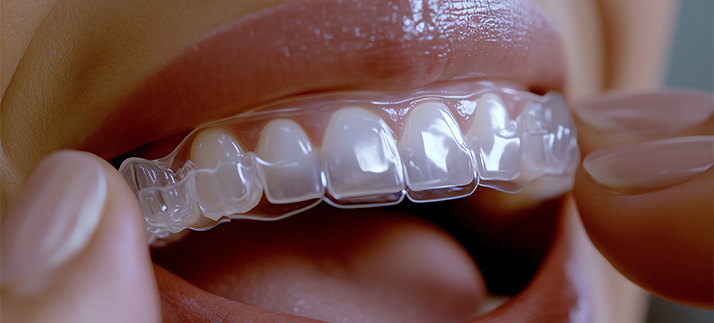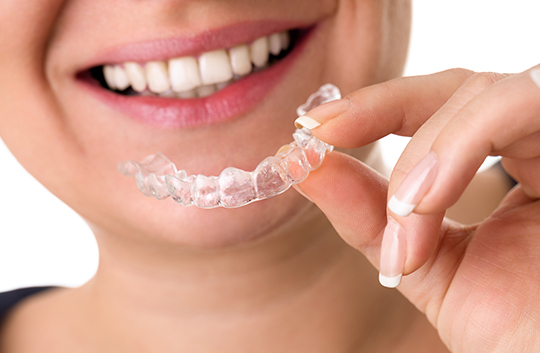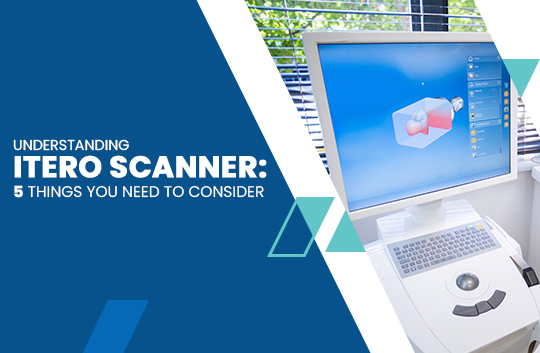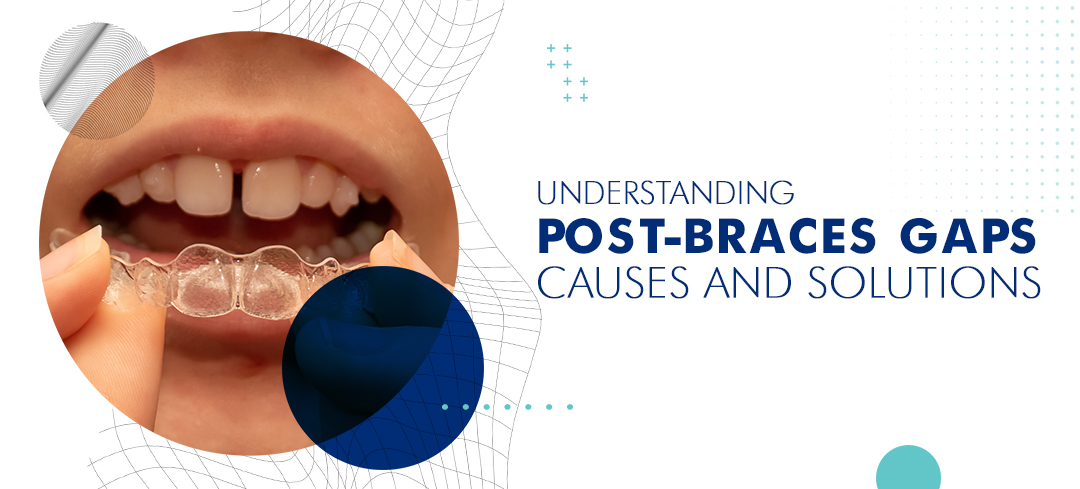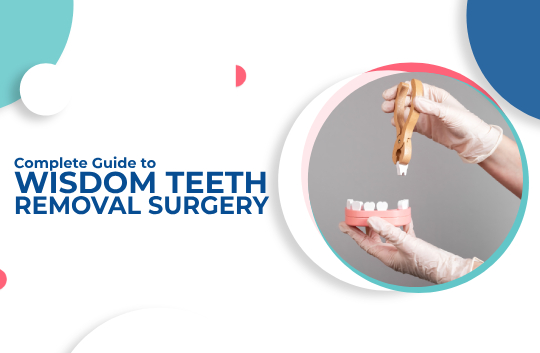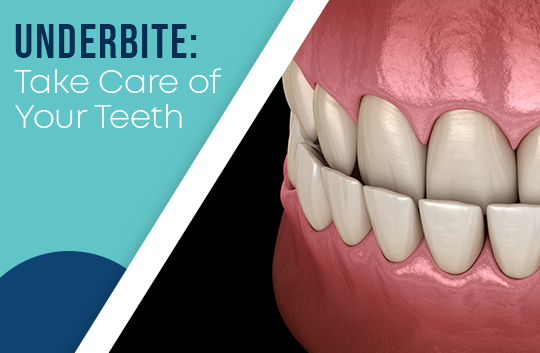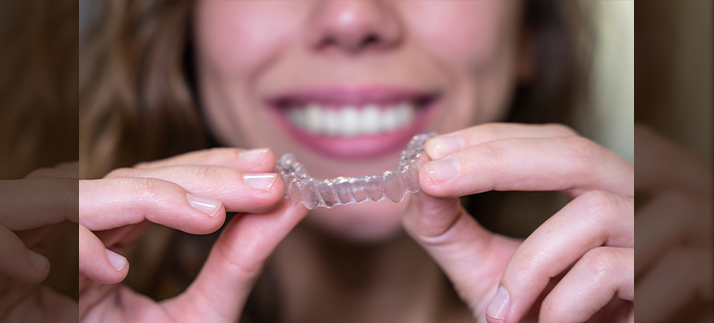
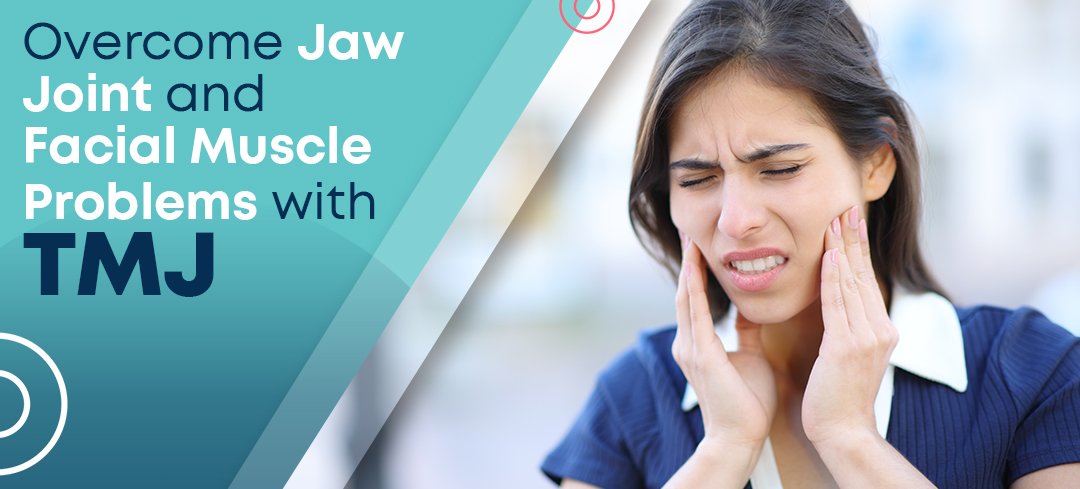
Overcome Jaw Joint and Facial Muscle Problems with TMJ
You may be aware that TMJ dysfunction (TMD) may be the reason for tenderness and pain in the jaw joints, adjacent muscles and ligaments. Some causes include – arthritis, jaw injuries, teeth grinding and daily wear and tear. TMJ treatment differs from one person to the other and this includes – custom mouth guards, jaw surgery, physical therapy and medication.
What should you know about TMJ dysfunction?
TMJ dysfunctions are Degenerative conditions affecting your jaw joints, adjacent ligaments and muscles. The conditions might lead to several problems such as– severe headache, clicking, locking, jaw pain and difficulty when you need to open and close mouth.
You may find people calling these conditions as TMJ though it refers to actual jaw joint while TMD is temporomandibular joint dysfunction.
There are two TMJs or temporomandibular joints on each side of your face. TMJs will be connecting lower jawbone to your skull and then help with different movements such as –speaking and chewing.
Types of temporomandibular joint dysfunction or TMD
There are three parts to look at:
- Chewing muscle pain and disharmony
- Disorders of jaw joints such as pain, locking and clicking
- Headaches which result from TMD
Possible symptoms of TMJ dysfunction
TMJ symptoms include the following:
- Facial pain
- Jaw stiffness
- Headaches
- Toothache
- Jaw pain
- Malocclusion or change how the teeth meet and function together
- Difficulty in opening or closing mouth
- Earaches
- Neck or shoulder pain
- Migraines
- Tinnitus
- Clicking or jaw popping
- Jaw locking and dislocating
Causes of TMJ dysfunction
There isn’t a single cause of TMD though it can be the result of different factors or combination of several factors.
Some causes of TMJ consist of the following:
- Arthritis in jaw joint
- Malocclusion or when your teeth do not fit together
- Teeth clenching or grinding
- Broken or dislocated jaw injury
- Stress
Things which makes TMJ dysfunction worse
You cannot control several factors that lead toTMJ dysfunction. But certain habits may make TMD worse which include:
- Use teeth as tools for tearing off clothing tags
- Chewing on ice and hard foods
- Taking big food bites
- Chewing on pens, pencils or other items
- Improper posture
- Sleep bruxism
- Daytime teeth grinding or clenching
Complications of TMJ dysfunction
TMJ dysfunction may lead to an extensive range of complications which include – extreme pain, bruxism wear and tear and restricted chewing function. Certain factors might overlap which makes it very difficult to identify the exact cause.
How can healthcare providers make a diagnosis of temporomandibular joint dysfunction?
Healthcare experts will be diagnosing TMJ disorder at the time of conducting dental checkup or physical examination. During this visit, they will:
- Examine range of motion of opening and closing your mouth.
- Press on your face and jaws to know your discomfort parts
- Feel around your jaw joints while opening and closing the mouth
- Listen for any noises or clicks
They may take imaging tests for closer look at your jaw joints and structures around them. These imaging tests are the following:
- Computed tomography or CT scans
- Dental X-rays
- Magnetic resonance imaging or MRI
- TMJ arthroscopy for thorough diagnosis and proper treatment
How do healthcare experts help in treating TMJ dysfunction?
The treatment for TMJ will depend on various factors which include – underlying cause and severity of pain. Healthcare providers try non-invasive options such as taking necessary medications or performing nonsurgical treatments. If the symptoms fail to improve, it is possible that the only option jaw surgery. This option is only a last option as jaw surgery is a risky process.
There are different kinds of over-the-counter (OTC) and prescription medications that can help to ease symptoms of TMJ. Some of these are the following:
- Nonsteroidal anti-inflammatory drugs which include naproxen and ibuprofen
- Muscle relaxers for people who help with teeth grinding or clenching
- Pain relievers such
- Antidepressants for changing how the body reacts to extreme pain
Taking certain medications like antidepressants may actually increase the chances of clenching, grinding or bruxism. It is suggested to consult with the healthcare expert for possible benefits and risks of taking medications.
Possible non-surgical TMJ treatment options:
- Tanner and Michigan splints -Dental appliances made to place the jaw in a favourable position or lessen the effects of clenching and grinding. It is best to get customised mouth guard from the dentist. As this would be adjusted to your jaw and your personal bite.
- Botox injections: This will involve dry injecting or needling botox into painful muscle knots in the jaw.
- B Splints and anterior deprogrammers- this is a reasonably good shorter term option but helps to take away some pressure on the joint.
- Physical therapy: This comprises of TMJ exercises to stretch jaw and strengthen muscles around the jaw joints.
- Behavioral changes: This consists of certain things such as – avoiding chewing hard foods and improving your posture.
- Soft bite guards – these are merely to cover your teeth and keep them apart they have a small chance of helping reduce the TMD symptoms
About surgical TMJ treatments
When taking necessary medications and nonsurgical procedures fail to work, you might need to conduct a surgery. Types of TMJ surgery are the following:
- Arthrocentesis: Healthcare experts generally use it to determine why your jaw joint becomes sore. During the procedure, they may use a needle to take out fluid from your joint and ease the symptoms.
- Open-joint surgery: If keyhole surgery is not a possible option, then the surgeon may carry out an open-joint surgery. This requires long incision so that the surgeon can access your jaw joint directly.
- TMJ arthroscopy: The surgeon creates a small incision in front of your ear and then inserts a thin tube with camera and light. They can insert surgical instruments with the help of a tube to reshape your bone, reposition disk in your joint or eliminate scar tissue.
Who treats TMJ disorder?
TMJ specialists are:
- Prosthodontists
- Oral surgeons
- Otolaryngologists
- Orthodontists
How to prevent TMJ dysfunction
You cannot completely prevent TMD as certain risk factors are completely unavoidable. But there are a few things to do for lessening the hazard:
- Practice meditation or other stress reduction methods
- Do TMJ massages
- Wear mouth guard when playing any kind of sports
- Practice good posture habits
- Wear a bite guard during the night time when you suffer from teeth grinding or clenching
What can you expect when you have TMJ dysfunction?
TMJ dysfunction affects everyone and for some people, this is temporary which goes away within at least one or two weeks. But for others, it is a severe condition that can impact quality of life in a negative manner.
When you suffer from frequent facial pain, headaches, jaw pain or other TMJ symptoms, you need to inform the healthcare provider about it. They can help to get an effective treatment for your cause.
How much time will TMJ dysfunction last?
Well, this depends though there are cases when TMD goes away on its own within one or two weeks. But this can last for several months or years mostly. TMJ disorder might either be short term (acute) or say, long term (chronic).
Is it possible to treat the problem of TMJ disorder?
Yes, it is quite possible to treat TMJ dysfunction with the help of effective management and treatment.
When should you visit a healthcare provider?
When you suffer from popping jaws, persistent TMJ pain or other kinds of symptoms, it is advised to book a visit with the healthcare provider. They may identify why the jaws ache and decide on the kind of treatment you will need.
What questions should you enquire from your healthcare provider?
When you suffer from TMJ dysfunction, below are a few questions to ask your healthcare provider:
- What is the exact reason for its cause?
- Will it go away by itself?
- Do you require any TMJ treatment?
- What can happen when you do not seek for treatment?
TMJ dysfunction can affect everyone and lead to temporary discomfort or extreme jaw pain that lasts for few months or years. Though the condition may seem to be really difficult to diagnose, some effective treatments can help in this regard. If you suffer from headache, jaw pain or other symptoms that keep you away from enjoying life, it is advised to get in touch with your healthcare provider. They will be able to detect the exact cause and then suggest most appropriate treatment for your case. Thus, you may visit a dental clinic to undergo TMJ disorder treatment in London.
 70 Great Russell St, Holborn, London WC1B 3BN, UK
70 Great Russell St, Holborn, London WC1B 3BN, UK



